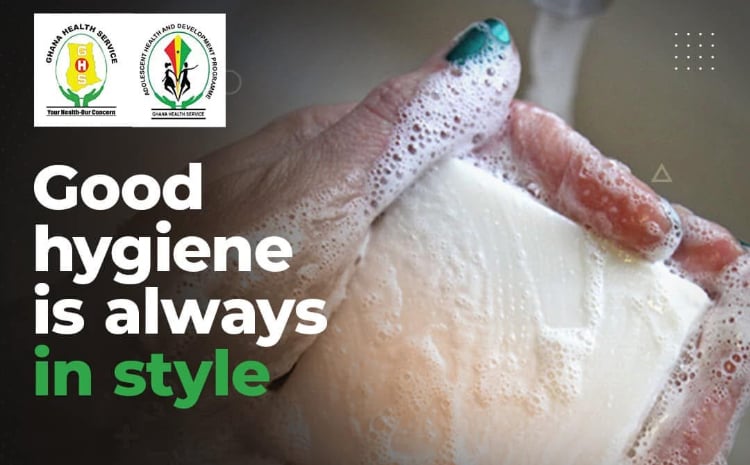The Ghana Health Service (GHS) has issued a stern warning to the public, emphasizing the critical importance of upholding stringent hygiene practices during the Christmas season to mitigate the further spread of the ongoing cholera outbreak. This appeal comes as the country grapples with a surge in cases since October 2024, spanning across multiple regions including Greater Accra, Central, Eastern, Western, and Ashanti. The GHS underscores the severity of the situation, noting that the outbreak has already claimed 35 lives as of December 23, 2024, with the Western Region bearing the brunt of the fatalities. This stark reality emphasizes the need for heightened awareness and proactive measures to prevent further infections and loss of life. The festive season, often marked by large gatherings and communal meals, presents a heightened risk of transmission, making vigilance and adherence to hygiene protocols paramount.
The GHS has outlined specific precautionary measures to safeguard public health during the Christmas festivities. These include consuming only potable water, ensuring that all food is thoroughly heated before consumption, and meticulously washing fruits and vegetables before eating. The cornerstone of prevention, however, remains consistent handwashing with soap under running water. This simple yet effective practice is crucial before preparing food, before eating, after using the toilet, after changing diapers, and after touching any potentially contaminated surfaces. By adhering to these fundamental hygiene practices, individuals can significantly reduce their risk of contracting cholera and contribute to curbing the spread of the disease within their communities.
The urgency of seeking medical attention at the first sign of symptoms is another critical element of the GHS’s message. The rapid progression of cholera, with most fatalities occurring within 24 hours of admission, necessitates prompt action. Individuals experiencing diarrhea and vomiting, the hallmark symptoms of cholera, are urged to report to the nearest health facility without delay. Early intervention is crucial in managing the illness and preventing severe complications that can lead to death. This proactive approach to seeking medical care can significantly improve the outcome for those affected.
The GHS’s efforts to combat the outbreak have encompassed a range of interventions, including a targeted Oral Cholera Vaccination (OCV) campaign. Conducted between November 30 and December 19, 2024, this campaign focused on hotspot areas and has demonstrably contributed to a decline in new cases. The success of this vaccination drive underscores the importance of proactive public health measures in containing infectious disease outbreaks. However, the GHS cautions against complacency, stressing that the fight against cholera is far from over and continued vigilance remains essential.
Despite the positive impact of the OCV campaign, the GHS cautions against complacency. The festive season presents unique challenges, with increased social interaction and potential lapses in hygiene practices. Therefore, the GHS reiterates the importance of maintaining strict adherence to preventive measures, even with the declining case numbers. The message is clear: vigilance is paramount to prevent a resurgence of the outbreak. Continued adherence to handwashing protocols, safe food and water practices, and prompt medical attention for symptoms are crucial to sustain the progress made and ultimately eradicate the outbreak.
The overarching message from the Ghana Health Service is one of cautious optimism coupled with a firm call to action. While the OCV campaign has yielded positive results, the risk of cholera transmission remains, particularly during the festive season. Therefore, the GHS urges all Ghanaians to prioritize hygiene practices, remain vigilant for symptoms, and seek immediate medical attention if necessary. By acting collectively and responsibly, Ghanaians can contribute to protecting their own health and that of their communities, ensuring a safe and healthy Christmas season while working towards the complete eradication of the cholera outbreak. The combined efforts of public health interventions and individual responsibility are crucial to overcoming this challenge and safeguarding public health.


